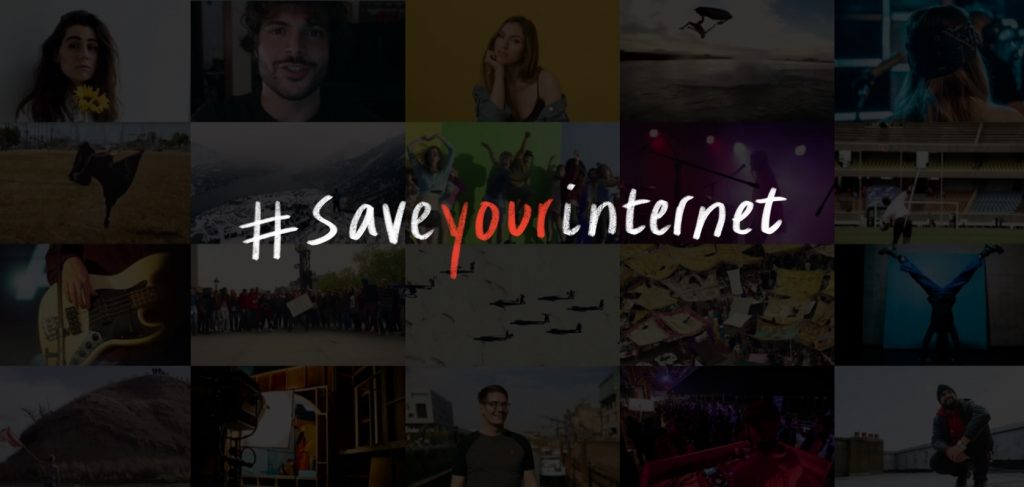The European Parliament is currently in talks with the European Council and Commission to implement Article 13, a law that would make YouTube directly responsible for the potential copyright infringement of its users. While the platform has already been vocal about its opposition to the proposal, Music chief Lyor Cohen has since elaborated on the company’s stance in a scathing 900-word op-ed.
Published in Music Business Worldwide, Cohen echoes many points of YouTube CEO Susan Wojcicki, particularly that “Article 13 as written threatens to shut down the ability of millions of people – from creators like you to everyday users – to upload content to platforms like YouTube.” Cohen himself touches on four key points that he believes should “shape the outcome” of the currently tentative Article 13:
Firstly, Cohen explains how the platform has influenced rapid progression within the music scene. “YouTube has licensed music content for well over a decade. We’ve paid the music industry over €5 billion to date from ads alone and over €1.5 billion in the last 12 months also from advertising revenue. These positive trends fit into music’s bigger picture. The industry I love is experiencing its fastest growth in 20 years.”
As a result, if YouTube was forced to block existing content from the continent or place a strict upload filter, “the music industry will make less money from YouTube, not more. Emerging artists will find it harder to be discovered and heard on a global stage, harming the very creative industry it seeks to protect.”
The current revision of Article 13 seeks to omit content where some of the rights holders are currently unknown as it breaks “complete copyright”, something which Wojcicki states would have hindered Luis Fonsi and Daddy Yankee’s “Despacito.” According to Cohen, “well over 50 percent of music has some portion of unknown ownership,” making Article 13 a “large financial risk” that would block huge amounts of video.
Lastly, YouTube admits that there is a “lack of transparency between the money YouTube pays to labels and the money artists see in their pocket,” but the company promises to fix this by committing “to disclosing revenue earned on YouTube to artists and songwriters directly IF their labels and publishers waive their contractual prohibitions that prevent us from doing this. We welcome more transparency so we can put to rest false accusation from the IFPI and others about our payments.”
Richard James Burgess, CEO of the American Association of Independent Music has already responded to Cohen’s post in a statement to Variety, claiming that the platform is simply “trying to protect their business model that is built upon depriving creators of rightful revenue and in doing so YouTube endangers the entire streaming ecosystem.”
KitGuru Says: It’s clear that the two oppositions aren’t backing down, with industry executives seemingly pleased by the effort of Article 13. I think it’s scary that YouTube is so large that it could throw its weight around to influence laws, but perhaps Article 13 truly is a danger worth avoiding. What do our readers think?
 KitGuru KitGuru.net – Tech News | Hardware News | Hardware Reviews | IOS | Mobile | Gaming | Graphics Cards
KitGuru KitGuru.net – Tech News | Hardware News | Hardware Reviews | IOS | Mobile | Gaming | Graphics Cards



